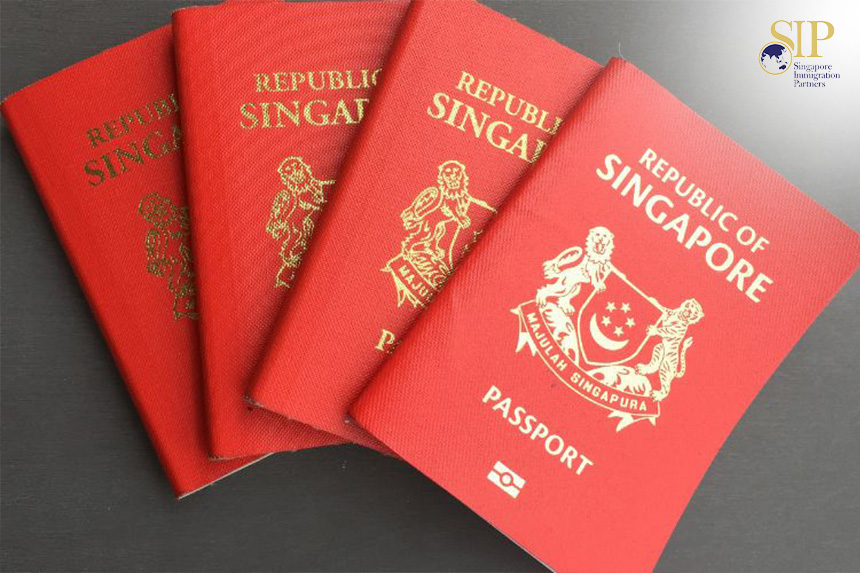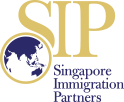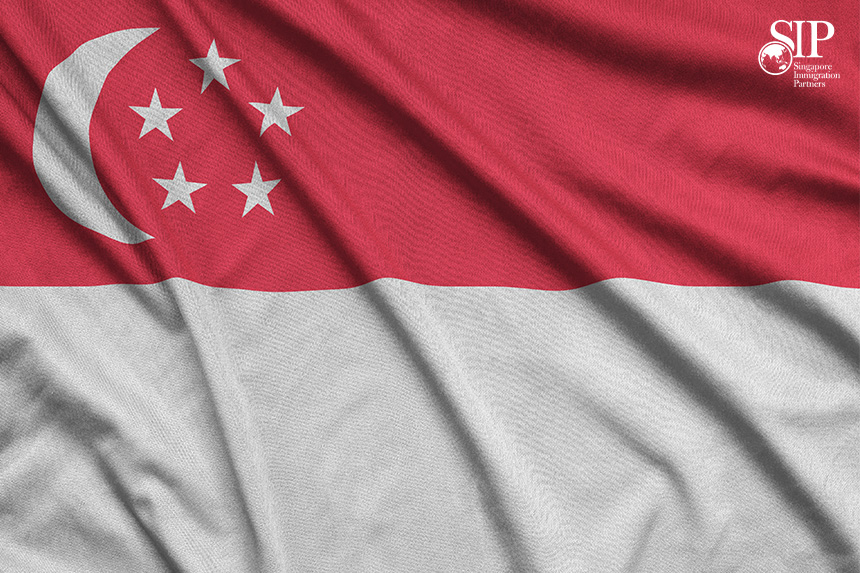Embarking on the journey to Singapore citizenship can be both exciting and a bit daunting. With constantly changing immigration policies, prospective applicants must grasp the requirements for Singapore citizenship. This article explores the evolution of citizenship policies in Singapore, highlighting key historical shifts, recent amendments, and future trends that could affect today’s applicants. Plus, we’ll provide insights on how to apply for Singapore citizenship effectively.
Historical Milestones in Citizenship Policy
Since gaining independence in 1965, Singapore’s citizenship policies have seen significant changes. In the early days, citizenship was offered to those born in Singapore or the Federation of Malaya, along with British citizens who had lived in Singapore for at least two years. Residents who had been in the colony for ten years and were prepared to pledge their loyalty could also apply for naturalisation. Initially, the focus was on fostering national unity and integrating the diverse ethnic groups within the nation. This emphasis was vital for creating a cohesive society.
As Singapore faced evolving demographics and economic challenges over the years, its policies adapted to welcome more foreign talent and skilled professionals. Exploring these historical citizenship changes allows us to better understand the current requirements for Singapore citizenship application and the reasoning behind the adjustments made throughout the years.
Impact of Policy Changes on Eligibility Criteria
As Singapore’s priorities have evolved, so have the requirements for citizenship application. During the early post-independence years, the main focus was on ensuring balanced ethnic representation among citizens. However, as the economy grew, recent changes have shifted the emphasis towards attracting individuals with the skills, qualifications, and contributions that align with national interests. This shift reflects a desire to boost Singapore’s competitive edge and create a more dynamic, robust economy. For applicants looking to meet the eligibility criteria adjustments for citizenship in Singapore, understanding these evolving requirements is crucial.
Significant Amendments in Recent Decades
Currently, there are three main ways to obtain Singapore citizenship: by birth, descent, and naturalisation. In recent decades, recent policy amendments have significantly altered the landscape of citizenship, particularly around residency requirements and applicant selection. Stricter residency rules now require individuals to demonstrate a stronger commitment to living in Singapore before they can qualify for citizenship.
Additionally, policies have been introduced to favour those with high economic or professional contributions, recognising the critical role that talent plays in driving Singapore’s growth. Notably, changes made in 2004 relaxed restrictions on citizenship by descent, increased the allowable time a person could spend outside Singapore before applying and made the process more inclusive by ensuring gender neutrality. These trends highlight how the application requirements continue to adapt to the nation’s evolving economic landscape, making it more accessible for those with ties to Singapore.
Effects on Current Citizenship Applications
The historical and recent changes in citizenship policies have significant implications for today’s applicants. Understanding these shifts enables prospective citizens to navigate the application process more effectively. For instance, those applying today must be well-versed in the latest eligibility criteria adjustments and be ready to demonstrate how they can contribute to Singaporean society and the economy. Tailoring their applications to meet the current requirements set by the government can significantly improve applicants’ chances of success.
Future Trends and Policy Directions
Looking ahead, shifts in the requirements for Singapore citizenship applications are likely to continue addressing emerging global challenges, such as demographic trends and the effects of globalisation. As Singapore strives to uphold its status as an international hub, future policies may further refine the eligibility criteria to attract talent that aligns with these new priorities. Staying informed about these future citizenship trends can empower applicants to plan their paths to citizenship more strategically, ensuring their applications resonate with upcoming policy directions.

The evolution of the requirements reflects the nation’s response to shifting social and economic dynamics. Understanding the historical context, the impact of recent policy changes, and potential future trends is essential for anyone considering applying for citizenship. Staying informed and adapting to the changing landscape allows prospective citizens to navigate the application process with greater confidence.
If you’re thinking about making Singapore your home, the citizenship application process can feel overwhelming. At Singapore Immigration Partners, a specialised PR application agency, we provide tailored immigration solutions to meet your unique needs. Our experienced team understands the intricacies of Singapore’s citizenship policies and is dedicated to guiding you every step of the way. Whether you’re looking for clarity on the latest eligibility criteria, need help with your application, or want to explore the benefits of Singapore citizenship, we’re here to support you.
Don’t leave your future to chance—contact us today to discuss how we can help you turn your dream of becoming a Singapore citizen into reality.

